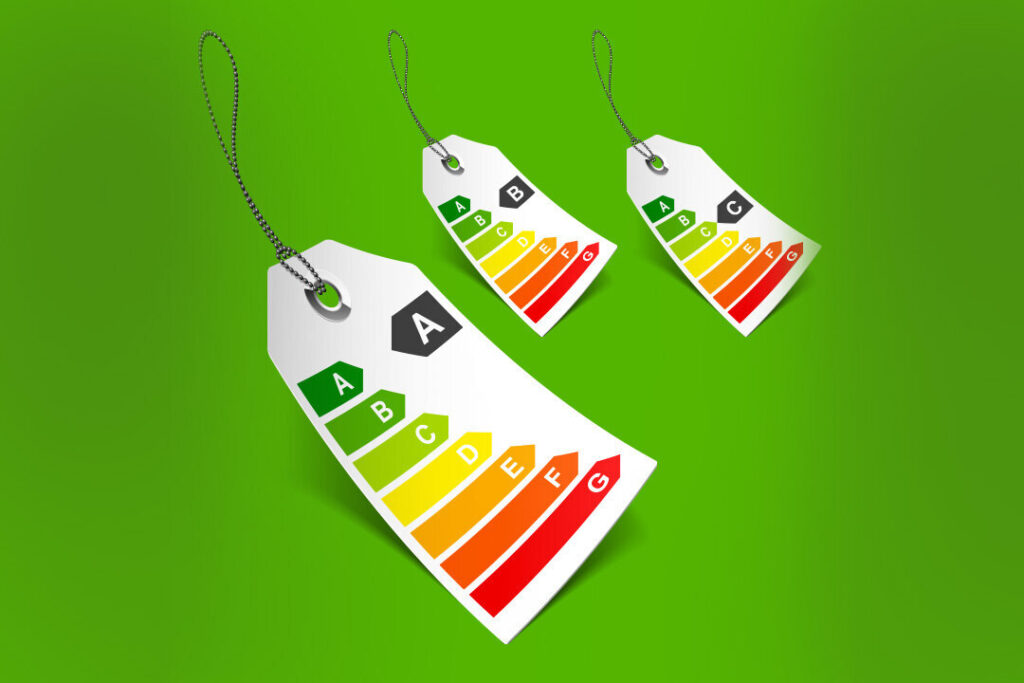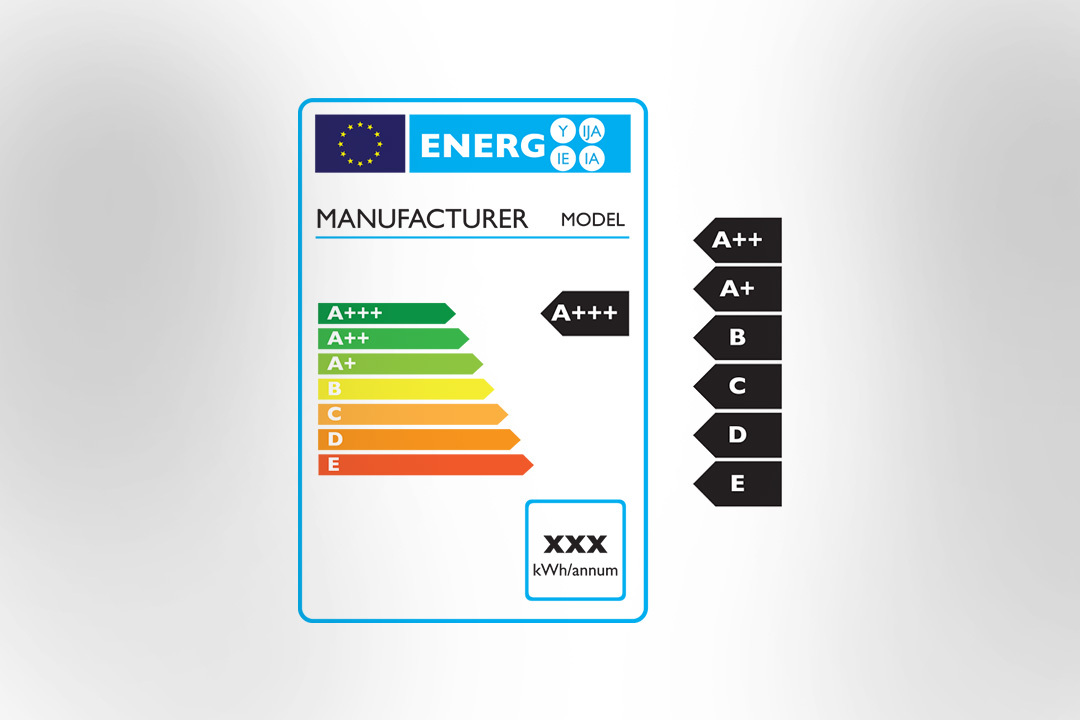Table of Contents
ERP stands for ‘Energy-related Products’. This directive, legislated by the European Union, includes all 28 member states. Its goal is to lower greenhouse gas emissions and enhance the efficiency of the boiler and water heating systems throughout the country. The regulation includes boilers, combi boilers, water heaters, and other heating systems of up to 400kW that are on the UK market.
The ERP ratings are the same as those on other appliances, such as your fridge, laundry machine, oven, etc. Letters from A to G are used to rate the appliance’s energy efficiency. This makes it easier for end consumers to understand and compare units before purchasing. Moreover, in the UK, some buildings already have regulations requiring a specific ERP rating for all boilers and heating systems.
ERP Explained
ERP stands for Energy-Related Products and is a way of measuring the efficiency of an energy-consuming appliance, such as a boiler, in converting the energy it uses into heat for your property and its water.
The ERP was introduced in 2009 by the European Union to increase the clarity of an appliance’s function and aid in the sharing of information from the manufacturer to the consumer, all while promoting eco-consciousness for both.
Energy Labelling
This aspect of ERP is to completely transparently inform consumers about the energy efficiency of the product they are buying and its subsequent likelihood of affecting their energy bills.
Appliances are rated in energy efficiency classifications from G to A (A+++ for certain types of appliances); the higher the assigned alphabetical number rating, the more efficient the appliance is in terms of its energy usage.
Formerly, SEDBUK (Seasonal Efficiency of Domestic Boilers) was responsible for boiler energy ratings; the ERP directive replaced them in most cases for modern appliances.
Some manufacturers still attach a SEDBUK rating to their products and operate a similar alphabetical classification system.

Eco Design
To be eco-friendly and eco-conscious, all modern appliances must be made to meet certain standards. Appliances that don’t meet these requirements can’t be sold.
Many UK homes struggle to afford heating and hot water. According to the Energy Saving Trust, this expense accounts for more than half of a home’s monthly operating costs.
Checking to see if your boiler is working at its best could help you save money and stay warm.
How Boiler Efficiency Can Save You Money?
Newer gas boiler systems are naturally more efficient because engineering and design have improved over time.
Your energy costs might be shocking because your systems are old or not working right.
The energy efficiency of boilers in the UK is 80%, but some old types are only 60% efficient! Both shocking and avoidable are these below-optimal amounts of output.
|
Age of Boiler |
Efficiency Percentage | Efficiency Rating |
|
0+ Years |
90% + | A |
|
10+ Years |
85% + | B/C |
| 15+ Years | 80% + |
C/D |
| 20+ Years | 70% + |
E/F |
| 25+ Years | 60% + |
G |
The ERP rating for modern systems shows a link between the age of the boiler and its efficiency, so you might want to replace your model with one that uses less energy.
How to Choose an Efficient Boiler?
Thanks to new rules that went into effect in 2015, almost all boilers now have the highest ERP rating. It’s simple to discover a boiler that works well with your home and costs less. You can use the ERP and SEDBUK scores to find the best boiler or other water heating systems for your needs.
The rate at which a boiler turns fuel or electricity into heat is called its efficiency. It doesn’t matter if you want an electric, gas, combi, or oil-burning boiler; they all use the same scoring scales.
When you buy a new boiler, there are two key things you should think about:
- Hot water efficiency—If your home has many bathrooms and faucets with hot water and many people use it, you need to find a boiler that can meet its needs quickly.
- How well it works in the winter depends on a number of things, such as where the boiler is located, whether there is insulation, and, of course, how well it heats the home. Remember that there may be settings you need to change based on the season, or you can call a professional boiler expert to do it for you.
Summary
To summarise, if you want to buy a new boiler, ensure it has an A-grade ERP rating. When you first read about the ERP directive, it might sound scary or hard to understand, but it was made with good purposes. Appliances that follow the eco-design guideline use less energy and are better for the environment than any other kind.
Every store boiler needs to have these letter grades, and it’s important to know what they mean. Knowledgeable gas-safe registered boiler engineers can always help.



